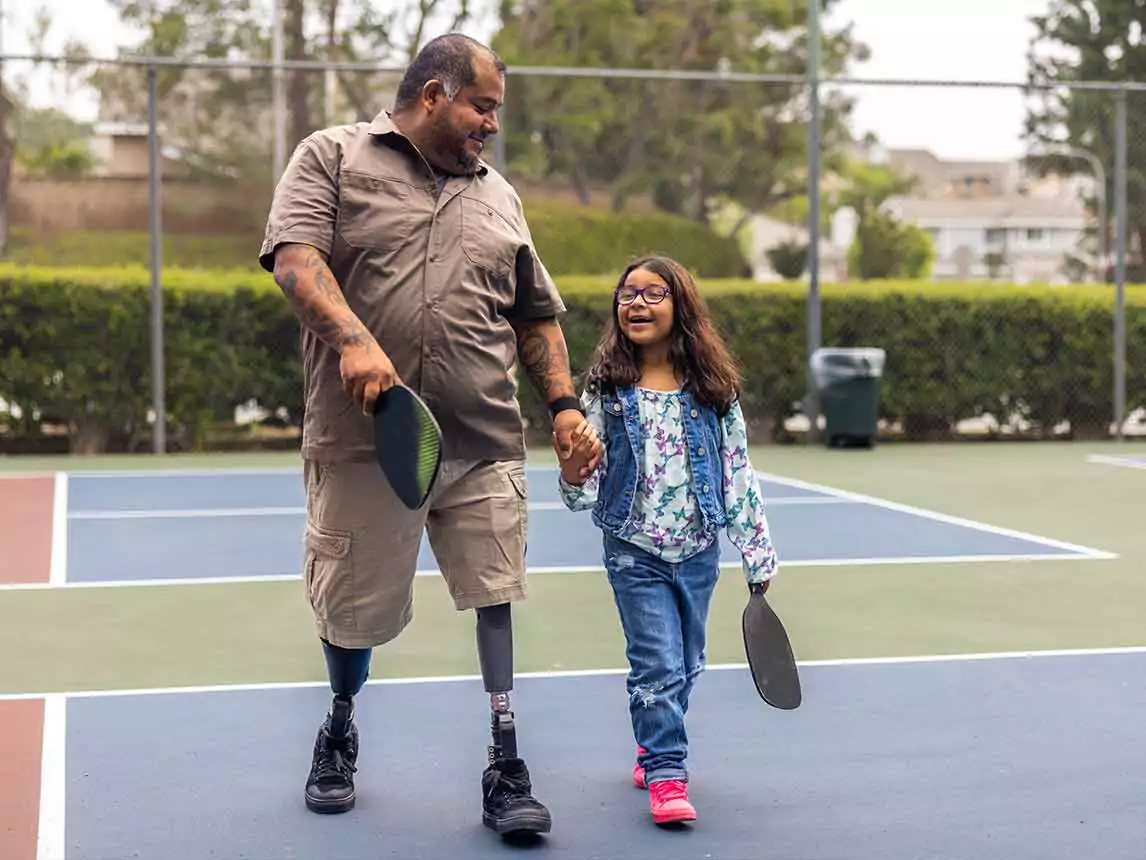Definition
Medical Residency, in the context of VA benefits, refers to a period of advanced clinical training for medical graduates in their chosen field of specialty. During this time, medical residents work under the supervision of experienced physicians to provide patient care and develop their skills. This hands-on experience and training is crucial to becoming a licensed and certified medical practitioner.
Key Takeaways
- Medical Residency refers to a period of post-graduate medical training that new physicians go through to practice in their chosen medical specialty.
- The VA offers Medical Residency programs to eligible medical students, providing clinical experience, enhanced learning opportunities, and exposure to the unique aspects of healthcare for veterans.
- Participating in a VA Medical Residency program can provide newly graduated physicians with valuable experience, networking opportunities, and a competitive edge in the job market, while also making a difference in the lives of veterans who need quality healthcare.
Importance
The term “Medical Residency” is important in the context of VA benefits because it refers to a crucial stage in a healthcare professional’s career development, specifically for physicians.
Medical residents have completed medical school and are now undergoing practical training in their chosen medical specialty under the supervision of licensed professionals.
During this period, these physicians-in-training work in Veterans Affairs (VA) hospitals and other healthcare facilities, directly impacting the quality of healthcare services provided to veterans.
Furthermore, by supporting and facilitating medical residencies within the VA system, the Department of Veterans Affairs can attract and retain skilled healthcare professionals, ultimately enhancing the overall standard of care accessible to the veteran community.
Explanation
The Medical Residency program within the VA benefits system plays a significant role in facilitating the professional development of new physicians and ensuring that veterans receive high-quality healthcare services. The primary purpose of these residency programs is to offer recent medical school graduates the opportunity to undergo specialized clinical training, gain practical experience and refine their skills under the supervision of experienced healthcare professionals.
In the context of the Department of Veterans Affairs (VA), these programs also serve to maintain a steady influx of competent physicians dedicated to providing the best possible care to our nation’s veterans, understanding their unique needs, and enhancing the overall quality and efficiency of the VA healthcare system. In addition to providing valuable hands-on experience in a range of medical disciplines, VA Medical Residency programs also serve as an essential avenue for the promotion of research and innovation, particularly in veteran-centric healthcare.
Through additional mentorship, collaborative research and interdisciplinary team-based learning, these programs encourage physicians to expand their clinical acumen and remain at the forefront of medical advancements. Ultimately, the goal of VA Medical Residency programs is to cultivate an environment that promotes comprehensive veteran care and ensures that the next generation of physicians is fully equipped to handle the specific challenges veterans face, thereby contributing to the continued improvement of healthcare services available to our nation’s heroes.
Examples of Medical Residency
VA Medical Residency Program: The Department of Veterans Affairs (VA) offers medical residency programs across the United States in collaboration with accredited institutions. These programs provide training in various medical fields such as psychiatry, internal medicine, and surgery. For example, at VA Boston Healthcare System, medical residents can participate in the Internal Medicine Residency program, where they gain hands-on experience treating and managing the health care needs of veterans while being supervised by experienced physicians.
The National Vietnam Veterans Readjustment Study (NVVRS) commissioned therapy dog project: As part of the VA’s focus on mental health care and wellness, some medical residents may have the opportunity to participate in research-based projects, such as The National Vietnam Veterans Readjustment Study Therapy Dog Project. In this example, medical residents work alongside experienced therapists and mental health professionals to evaluate the effectiveness of therapy dogs in assisting veterans with Post Traumatic Stress Disorder (PTSD).
The Togus VA Medical Center Residency in Augusta, Maine: This VA facility offers a Family Medicine Residency program to provide medical residents with comprehensive training working with veterans and their families. Residents in the program participate in the primary care setting, as well as various medical specialties, to gain a deeper understanding of addressing the unique health care needs of veterans. Through continued education and hands-on opportunities, medical residents will learn how to navigate complex medical conditions and contribute to the well-being of the veteran population.
FAQ – Medical Residency VA Benefits
1. What are the VA benefits available for medical residents?
There are several VA benefits available for medical residents, including education and training benefits, financial assistance, loan repayment programs, and on-the-job training opportunities. The specific benefits you are eligible for may vary based on your circumstances and program.
2. How can medical residents apply for VA benefits?
To apply for VA benefits, medical residents should first visit the VA education and training website to determine their eligibility. Then, they should follow the specific application instructions provided for each benefit. Some benefits may require additional forms or documentation to be submitted.
3. Can medical residents receiving VA benefits work in a VA hospital?
Yes, medical residents receiving VA benefits can work in VA hospitals as part of their training program. These opportunities provide valuable experience and networking options while serving the veteran community.
4. Are there any specific VA benefits for medical residents pursuing a career in mental health?
Yes, medical residents in mental health fields may be eligible for additional benefits, such as loan repayment and scholarship programs. These are designed to help address the nationwide shortage of mental health professionals and encourage more medical residents to pursue careers in this field.
5. Is there a deadline for applying for VA benefits as a medical resident?
Some VA benefits may have deadlines for application, while others may be open continuously. It is essential to research the specific benefits you are interested in and follow their application timelines to ensure you don’t miss any opportunities.
6. Can medical residents use the GI Bill to help cover the costs of their residency?
Yes, medical residents may be eligible to use the GI Bill during their residency if they meet the eligibility criteria. This can help cover tuition, fees, books, and housing costs during your training program. Be sure to check your specific GI Bill benefits and coordinate with your residency program to avoid any overlap in covered expenses.
Related VA Benefit Terms
- Graduate Medical Education (GME)
- VA Healthcare System
- Resident Supervision
- Accreditation Council for Graduate Medical Education (ACGME)
- Clinical Rotations
Sources for More Information
- U.S. Department of Veterans Affairs
- Accreditation Council for Graduate Medical Education (ACGME)
- Association of American Medical Colleges (AAMC)
- National Resident Matching Program (NRMP)
 Benefits.com Advisors
Benefits.com Advisors
With expertise spanning local, state, and federal benefit programs, our team is dedicated to guiding individuals towards the perfect program tailored to their unique circumstances.
Rise to the top with Peak Benefits!
Join our Peak Benefits Newsletter for the latest news, resources, and offers on all things government benefits.





















